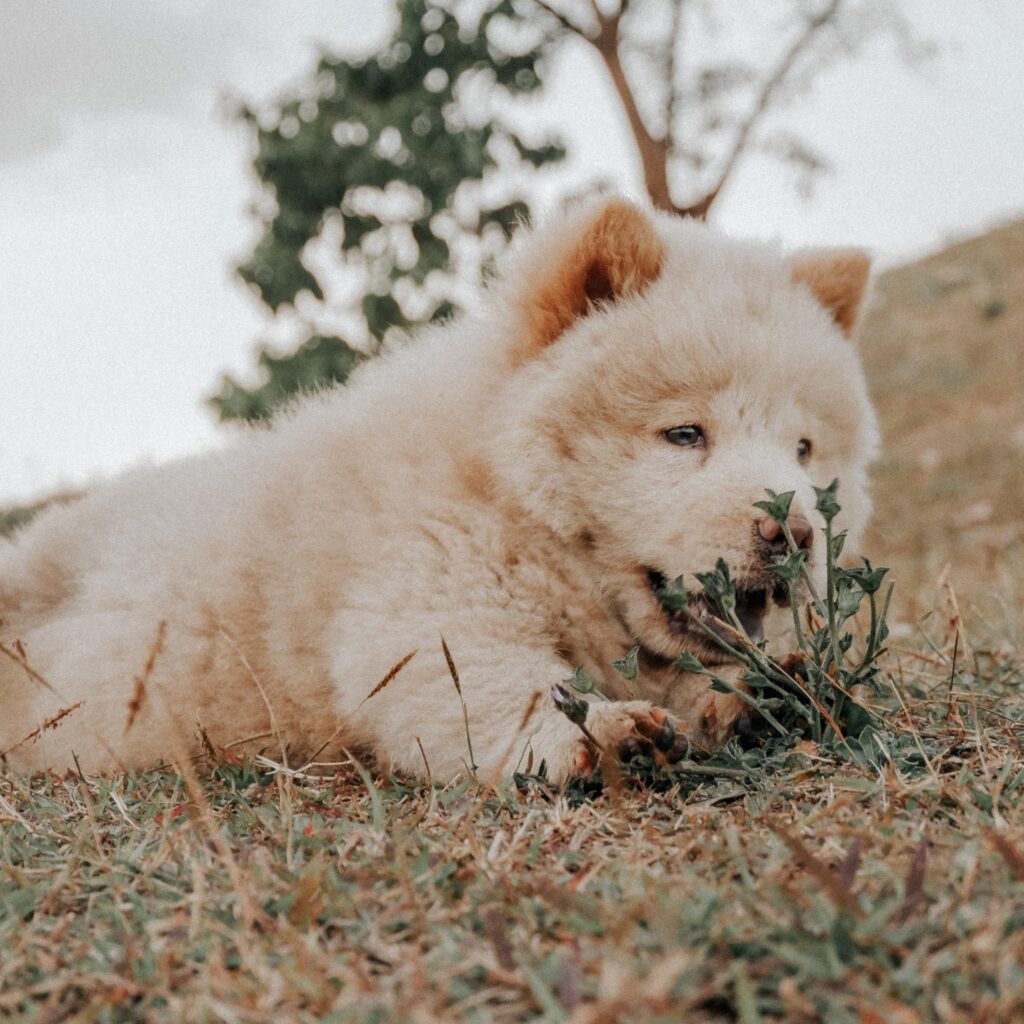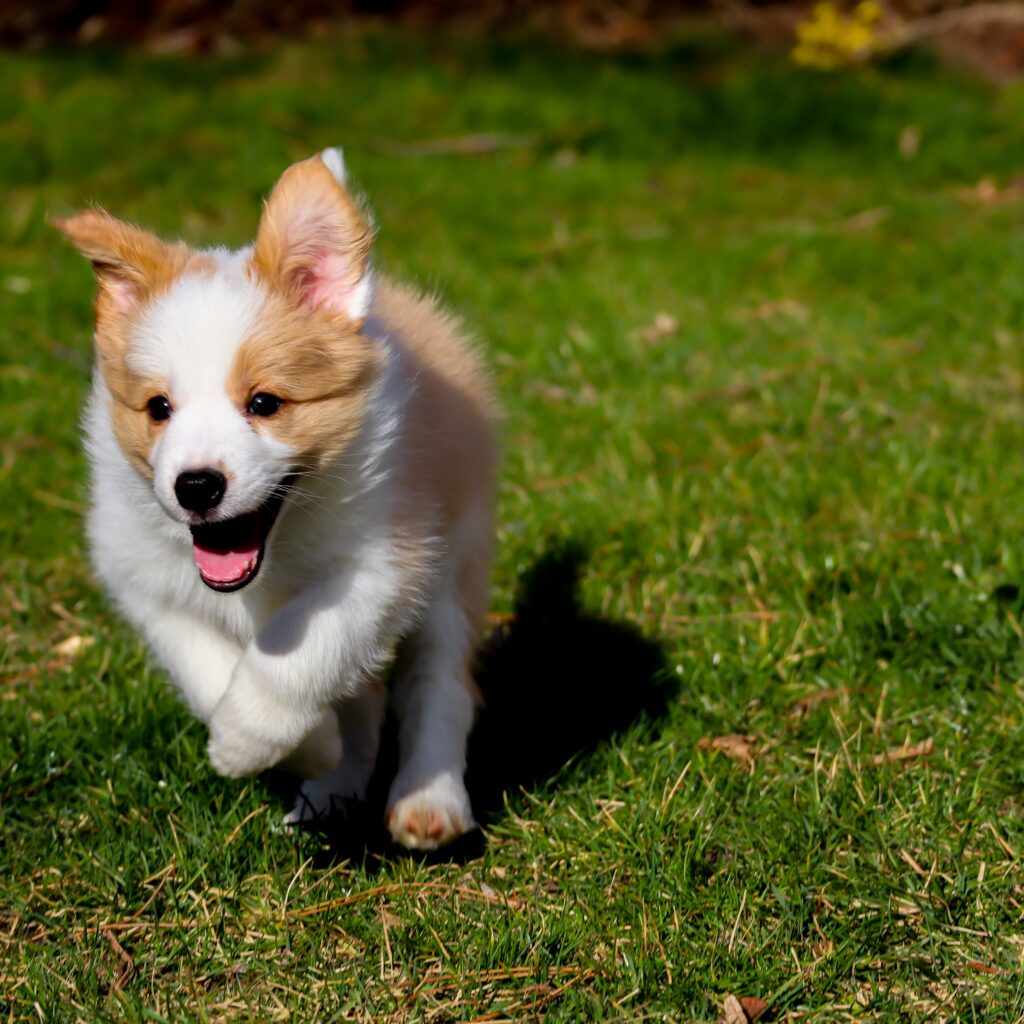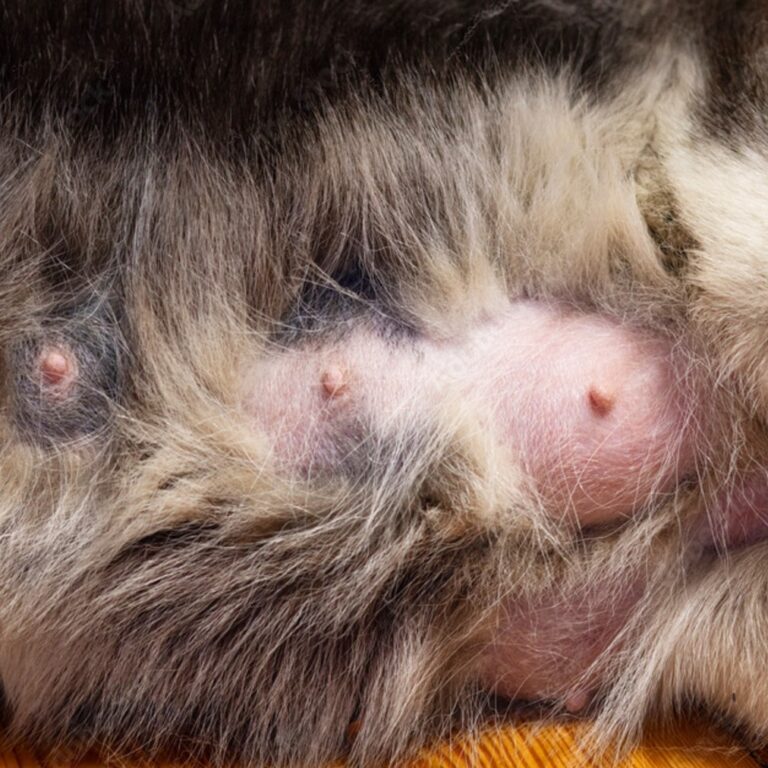Dog Eating Grass Frantically
Introduction:
In the world of dog ownership, there are certain behaviors that can leave owners puzzled and concerned. One such behavior is when dogs eat grass frantically. It may seem strange, but this peculiar habit is actually quite common among our canine companions. In this comprehensive guide, we will delve into the reasons behind why dogs exhibit this behavior, whether it’s something to be worried about, and how to address it effectively.
Understanding the Instinctual Behavior of Dogs
Dogs are descendants of wolves, and despite their domestication, they still retain some of their ancestral instincts. One such instinct is the inclination to consume vegetation, including grass. In the wild, wolves and other canids often consume grass to aid in digestion, eliminate parasites, or satisfy nutritional deficiencies.

Curiosity and Exploration
Just like humans, dogs are naturally curious creatures. When they encounter new smells, textures, or tastes, their inquisitive nature often leads them to investigate further. Grass can pique a dog’s interest due to its unique scent and texture, triggering their desire to sample it.
Natural Remedies for Upset Stomachs
When dogs have an upset stomach, they may instinctively turn to grass as a way to alleviate their discomfort. Grass acts as a natural emetic, inducing vomiting and helping to expel any unwanted substances from their digestive system. However, it’s essential to monitor your dog’s grass-eating habits, as excessive vomiting or other signs of illness may indicate a more serious issue.

Nutritional Needs and Dietary Fiber
Another reason why dogs eat grass frantically is to meet their dietary fiber requirements. Grass contains fiber that aids in regulating digestion and maintaining bowel regularity. Some dogs may seek out grass if their diet lacks sufficient fiber, leading to an instinctual drive to fulfill this nutritional need.
Boredom and Behavioral Stimulation
Dogs are intelligent animals that require mental and physical stimulation to lead balanced lives. When dogs are bored or understimulated, they may resort to engaging in odd behaviors, such as eating grass frantically. It serves as a form of entertainment or distraction, providing a temporary outlet for their pent-up energy.

Behavioral Conditioning and Reinforcement
Dogs are highly perceptive and can associate certain behaviors with positive outcomes. If a dog consumes grass and experiences relief from digestive discomfort or attention from their owner, they may be more inclined to repeat the behavior in the future. This conditioning and reinforcement can contribute to the persistence of grass-eating habits.
Potential Risks and Precautions
While grass consumption is generally harmless for dogs, there are some risks to be aware of. Pesticides, fertilizers, or herbicides used on lawns can be toxic if ingested. It’s crucial to ensure your dog has access to clean, chemical-free grass areas. Additionally, certain plants can be poisonous, so it’s important to identify and remove any toxic plants from your dog’s environment.

Addressing Excessive Grass Eating
If your dog’s grass-eating behavior becomes excessive or concerning, there are steps you can take to address it. Firstly, consult with your veterinarian to rule out any underlying medical conditions. If it’s determined to be a behavioral issue, implementing environmental enrichment, providing appropriate chew toys, and increasing physical exercise can help redirect their focus and reduce grass consumption.
Ensuring a Balanced Diet
To minimize the likelihood of grass eating due to nutritional deficiencies, it’s crucial to provide your dog with a balanced and nutritious diet. Consult with your veterinarian to determine the best dietary options for your dog’s specific needs. A high-quality dog food, supplemented with fresh fruits and vegetables, can help meet their nutritional requirements.

Conclusion
Dogs may eat grass frantically due to instinct, curiosity, upset stomachs, nutritional needs, or boredom. While generally harmless, precautions should be taken to avoid toxins. Excessive behavior should be addressed with veterinarian consultation and environmental enrichment. A balanced diet and ample stimulation are essential. Understanding and addressing the causes will promote the well-being of our furry friends.








One Comment